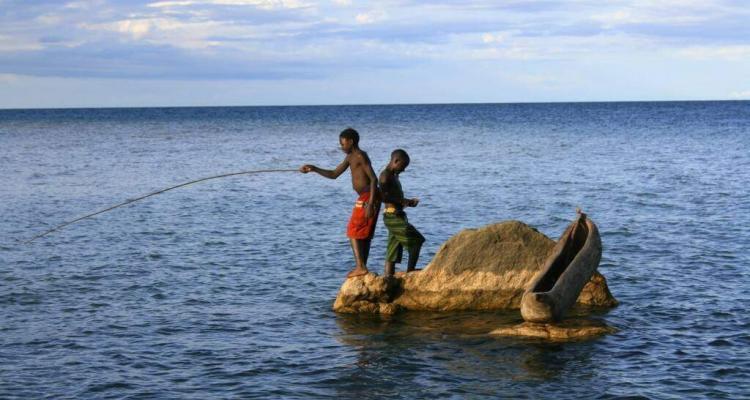
Lake Malawi is facing significant challenges when it comes to sustainability and biodiversity. As one of the largest and deepest freshwater lakes in the world, Lake Malawi is not only a crucial natural resource but also a critical habitat for numerous species of plants and animals. Lake Malawi is well known for its African Cichlids specifies. However, various factors pose a threat to its sustainability and biodiversity.
One prominent issue is overfishing, which threatens the delicate balance of the lake’s ecosystem. Overfishing is a significant environmental issue that affects the country’s aquatic ecosystem and local communities. There are several factors that contribute to overfishing in Malawi, one of the most basic being the demand for fish as a source of food and income.
The increasing population puts additional pressure on fish resources, leading to intensified fishing efforts. Moreover, poverty and limited alternative livelihood options drive many communities to heavily rely on fishing for their sustenance. The growing population in Malawi, coupled with increasing demand for fish both domestically and internationally, puts additional pressure on the already fragile fish stocks. This leads to higher fishing efforts to meet the market demand.
It is therefore important for citizens to realize that overfishing has far-reaching consequences that impact both the environment and local communities. Bottom trawling, a fishing method that involves dragging huge nets on the lake floor, removes large numbers of the lake’s fish population, including its stock of some of the most sought-after species. Additionally, the use of gillnets, which entangle fish when they are caught, also contributes to overfishing. Overfishing has disrupted the delicate balance of the lake’s ecosystem, resulting in the loss of biodiversity and habitat destruction. Additionally, overfishing has resulted in a decreased fish availability, making it more difficult for local communities to meet their nutritional needs.
There are organizations and groups in Malawi that are working tirelessly to raise awareness, educate local communities, and implement measures to combat overfishing. One such organization is Fish for Tomorrow, a non-profit organization dedicated to promoting sustainable fishing practices and protecting fish populations in Lake Malawi. They work with local communities, fishermen, and government agencies to raise awareness about the importance of responsible fishing and implement conservation measures.
The Malawian government’s Department of Fisheries also plays a crucial role in addressing overfishing. They develop policies and regulations to manage fish stocks sustainably, enforce fishing laws, and provide support to local communities for alternative livelihood options.
Overfishing is a major issue in Lake Malawi, but there is still hope for this ecosystem if steps are taken to combat this problem. With strong regulations, increased awareness, and a commitment to sustainability, we can ensure that this biodiverse lake and its inhabitants are protected for generations to come.














